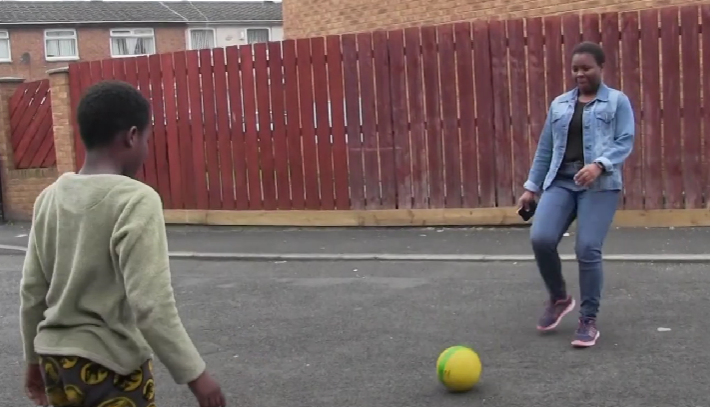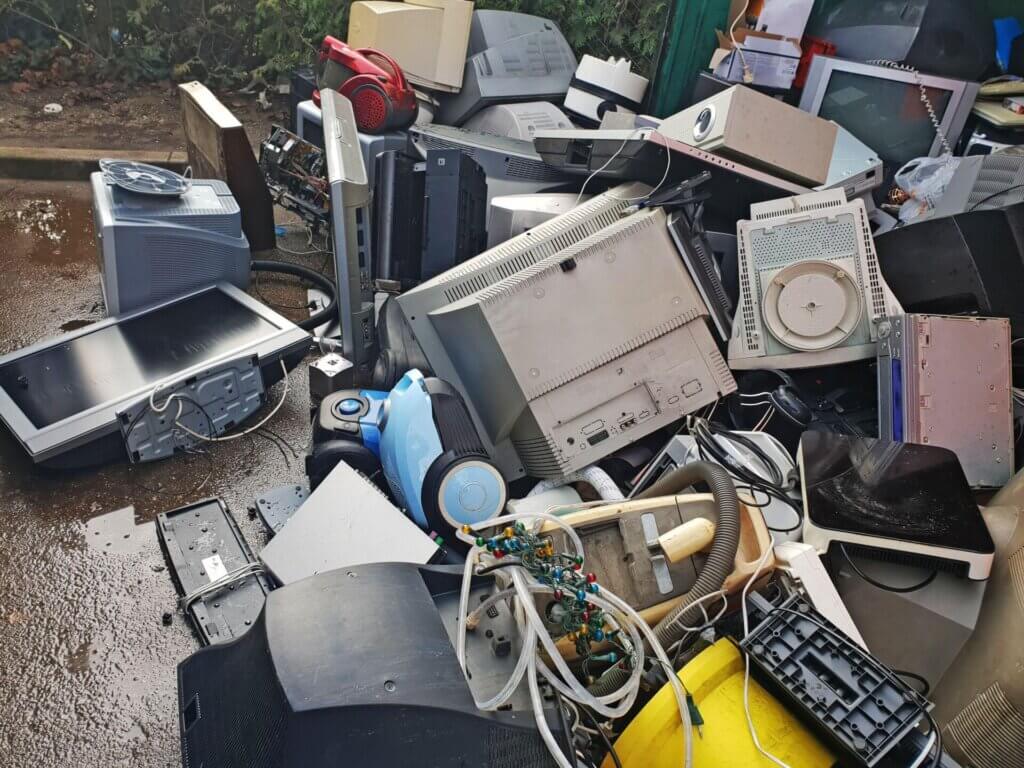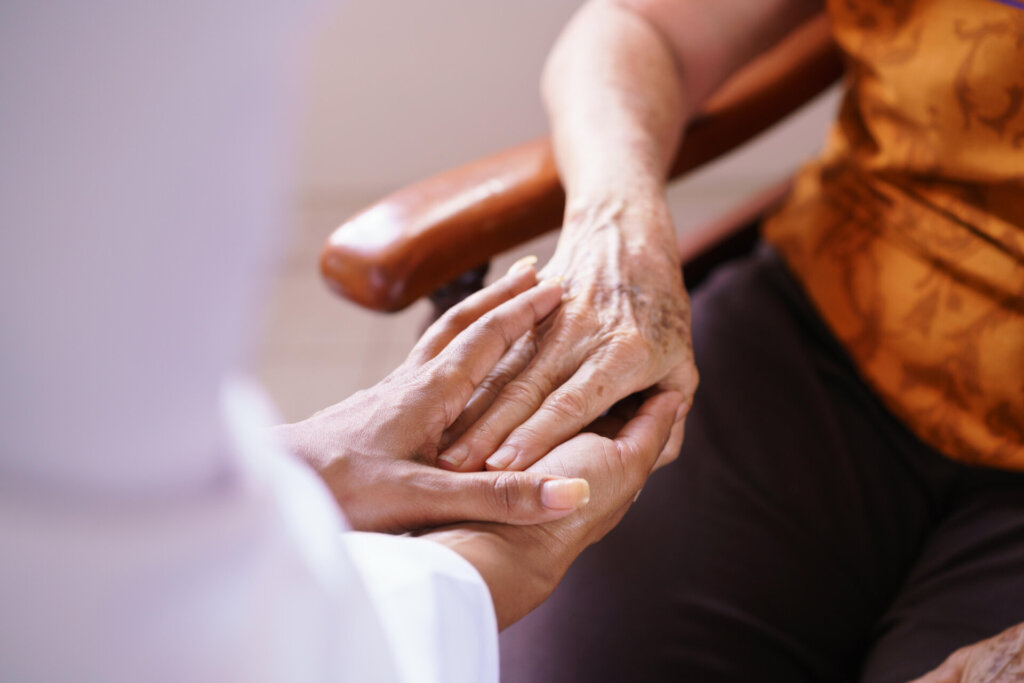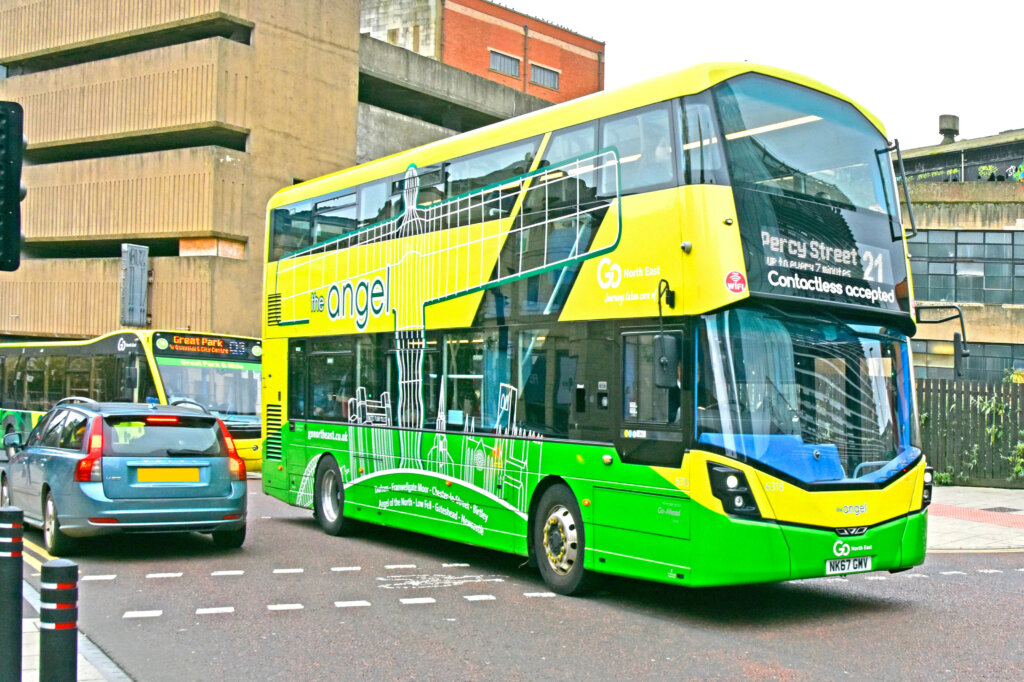Child Abuse & Culture: Safeguarding Children in Immigrant Communities in the North East
Written by Godstime David on 25th October 2023
In the North East’s immigrant communities, striking a balance between child safety and cultural values is a vital consideration. As parents from various backgrounds strive to nurture their children within the framework of their traditions, the need to ensure their well-being becomes more intricate and multi-faceted.
While many parents manage this transition seamlessly, others find adapting to the parenting norms of their new communities to be challenging. A social worker in Sunderland, originally from Nigeria, is taking steps to educate immigrant parents on the need to be culturally aware of their new surroundings in carrying out their roles as parents.
Drawing from her roles as both a social worker and as a mother of two, Mrs Ola Tony-Obot is committed to assisting numerous parents across the North East. Her aim is to provide them with insights into how the UK childcare system works and help them avoid potential legal complications.
49-year-old Tony-Obot said: “Parenting not only in the Northeast but as immigrants generally is a journey of learning and adaptation while safeguarding children. It presents both opportunities and challenges. Amidst the celebration of cultural diversity, the significance of understanding how different communities approach parenting and child protection cannot be overstated.
“Having personally encountered similar challenges during my own adjustment period, I understand the emotions and difficulties that immigrant parents might face. Hence, the need to reach as many parents as possible. I believe that sharing my experiences can foster empathy, resonate with their struggles, and inspire them to seek guidance without hesitation. Most importantly, immigrant parents often find it easier to confide in someone who understands their cultural background.”
“When migrating to a new country, the onus is on you to research about the country you are relocating to, to avoid unintentionally violating local laws or norms due to ignorance. Ignorance is not an excuse when it comes to the law.”
“In most Cultures, practices such as not eating three square meals, missing appointments, or smacking might not be considered abusive, but in the UK, they are classified as child abuse particularly if there are physical bruises. It could lead to the immediate removal of that child as he/she could be in danger of significant harm.”
She said it is essential for parents to align with the culture and rules of their host communities. Adding that, while it is crucial to maintain cultural identities, it’s equally important not to get carried away with practices that might be unacceptable or inappropriate in the new environment. To avoid such clashes, it’s crucial for parents to get involved in their community, remain open-minded, and seek professional help if they are struggling with parenting.
Elizabeth Sunduzwayo, founder of New Hope North East, a children’s charity in South Shields said: “Immigrant parents should recognise that when they board that plane, everything about their laws, ego, and culture ends at the airport. Failing to do so could potentially jeopardise parental rights and could lead to the removal of their children from their care. For instance, it’s crucial to avoid coercing children into activities they resist.
“You cannot, for example, compel a child to attend church against their will, and it is against the law to withhold certain privileges or necessities as a form of punishment for their refusal. Instead, it’s advisable to engage in open communication and discuss the potential consequences of their actions.
“A common challenge is getting immigrant dads to be supportive, especially when it comes to seeking advice or counselling. Some may say, “No one should tell me how to run my family.” But it’s important to remember that this is not a place where you are expected to be treated as a king- you are both working adults and it means that support from both sides is crucial.”
Ms Sunduzwayo said Dads should not leave everything to moms as their involvement can make a big difference.
A spokesperson for Together For Children, a children’s service centre in Sunderland said: “All staff who work with children and families are aware of cultural sensitivities. We have a well-established Equality, Diversity and Inclusion network which is chaired by the Chief Executive of TfC. In addition to professional qualifications, staff has received equality and diversity training alongside and as part of their safeguarding duties.
“As part of the National Transfer Scheme (NTS), TfC has developed bespoke pathways and expertise in supporting young people and has developed further cultural/religious awareness and knowledge across TfC’s social care teams to meet any needs. This is enhanced through our strong partnerships with our 3rd sector Black and Minority Ethnic (BME) organisations.”
The TFC spokesperson said the services collaborate with various schemes operated locally including education in schools and in the mandatory National Transfer Scheme.

Kelechi and son taking shots at football. Photo: Godstime
“TfC has and continues to address challenges such as translation services. Comprehensive partnership protocols exist across statutory partners to enable high-quality support that is sensitive to different cultural practices and safeguarding expectations.”
Victoria Brown, the CEO of Grace House, a charity dedicated to children’s welfare in Sunderland, has expressed the organisation’s awareness of cultural sensitivities. However, she also noted that they have not encountered a direct Safeguarding concern thus far.
“Communities can be quite ‘closed’ to the wider communities and who they will allow or trust to work with or accept help.
“Many communities look to their elders for support and can become quite resistant to outside authority involvement. She believes that building trust, reassurance, and transparency from the start is vital,” Ms. Brown said.
A spokesperson for the National Society for the Prevention of Cruelty to Children (NSPCC)said: “Abuse and neglect can happen in any community and affect children and young people from any background.
“However, we know that as the cost-of-living crisis continues, it is vulnerable families who are feeling the biggest strain. While this will not directly lead to an increase in abuse or neglect, it will continue to affect children and families who are already struggling and stretch existing social structures and safety nets beyond breaking point.
“Our local campaigns teams across the country work with local communities to develop bespoke projects which are designed with local partners to best support families and children in their region. By working together with local councils and support agencies, we can direct our combined efforts to ensure children, young people, and families can receive the support they need as early as possible.”
James Simmonds-Read, National Programme Manager at The Children’s Society, UK said: “Child abuse and exploitation cuts across all societal boundaries, affecting children and young people from every background and committed by adults from all walks of life. However, too often, these horrendous crimes are associated with specific ethnicities or cultures which is not wrong just because of harmful and inaccurate stereotyping, but because it can also harm victims further.
“We need to protect all young victims by understanding their unique identity and background, this is important for migrant young people who face additional hurdles. Building trust is crucial here, and its vital that law enforcement and child protection agencies cultivate strong relationships with migrant communities. Only then can we ensure that we support victims, catch these criminals and bring them to justice.”

Rula and daughter having a mother-daughter moment. Photo: Godstime
Roger Smith, Professor of Social Work at Durham University said: “There are two sides to the subject of culture and abuse. One is the context, that is the structural and social factors impacting migrant/immigrant families, such as poverty and racism. And on the other side are the lifestyles and practices associated with particular cultures and belief systems.
“The problem for social workers and anyone involved in child protection is that the focus on behaviour may mean that we don’t take into account those other factors which impact families and may affect their abilities to cope, i.e., discrimination and social exclusion.”
Mr. Smith said respect and cultural awareness are important, but they are only part of the picture and need to be accompanied by recognition of the social harms to which migrant communities are disproportionately exposed. For me, this is the starting point for good practice, in child protection or any other aspect of social work and social care.
To report any case or suspicions of child abuse, contact Together for Children, Sunderland 01915205560, Children North East at 0191 256 2444. For Children’s Society, supportercare@childrenssociety.org.uk, 0300 303 7000.







